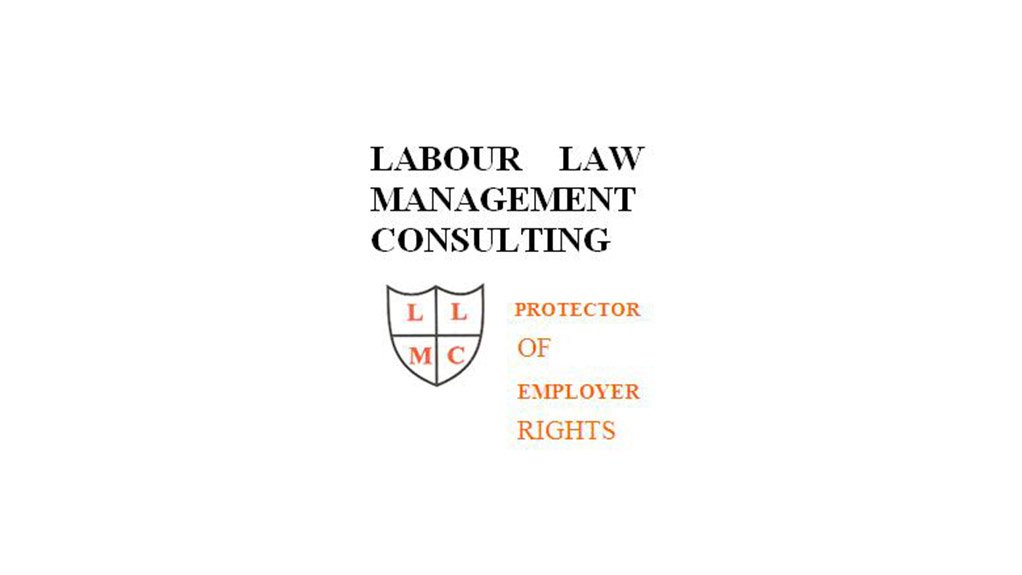Should employees go on an unprotected strike they could theoretically be dismissed legitimately by the employer. This is because an unprotected strike is one where the employees are not protected from being dismissed for striking. There are two important types of unprotected strike:
- A strike by essential service employees such as police, certain health service workers and others who are not allowed to strike AND
- A strike by employees who are not performing essential services but who have failed to follow the legally prescribed pre-strike procedures. These procedures require the employees, before commencing the strike, to take the dispute to the CCMA in an attempt to settle it and, thereafter, to give the employer proper advance warning of the strike.
However, employers should not think it is easy to dismiss employees even if they are on an ‘unprotected’ strike. In the case of SATAWU & another vs Equity Aviation Services (Pty) Ltd (2006, 11 BLLR 1115) the trade union did follow the above mentioned procedures. However, a number of employees who did not belong the union joined in the strike without having first followed the pre-strike procedures. While the employer saw these non-unionised workers as having embarked on an unprotected strike the Labour Court disagreed. In essence, the Court found that, as long as some part of the workforce has followed the pre-strike procedures, any of their colleagues could join in the strike without danger of dismissal.
Employers should be aware that the Courts have been loath to uphold dismissals of strikers even where such strikes are technically unprotected. The Courts have continually moved the goalposts as regards the lengths to which the employer must go procedurally prior to dismissing strikers. For example, in the case of NUM & others vs Billiard Contractors & another (2006, 53 CLL Vol. 16, No. 5) the Labour Appeal Court found that before unprotected strikers can be dismissed:
- The employer must normally give them an ultimatum or warning to the effect that, should they not return to work, dismissal could be a possibility
- The employer must then, if the ultimatum is not heeded, hold hearings to decide whether the employees deserve to be dismissed
- In some circumstances hold further hearings where it is possible that new developments have occurred prior to implementation of dismissal.
The above reinforces the lessons from previous cases that once a strike has begun it is difficult to manage and getting rid of strikers is extremely difficult. Therefore, employers should go all out to prevent the need for a strike. This can be done via:
- expert strategic planning for wage negotiations including the introduction of pay for performance systems
- the use of expert mediators. Really good mediators can either avert the strike entirely or, at least, get the parties’ bargaining positions a lot closer before the strike commences. This can help to at least shorten the duration of the strike and thereby limit the carnage it can cause.
To observe our experts debating thorny labour law issues please go to www.labourlawadvice.co.za and click on the Labour Law Debate item in the main menu.
Written by Ivan Israelstam, Chief Executive of Labour Law Management Consulting. He may be contacted on (011) 888-7944 or 0828522973 or on e-mail address: ivan@labourlawadvice.co.za. Web Address: www.labourlawadvice.co.za.
EMAIL THIS ARTICLE SAVE THIS ARTICLE ARTICLE ENQUIRY
To subscribe email subscriptions@creamermedia.co.za or click here
To advertise email advertising@creamermedia.co.za or click here











